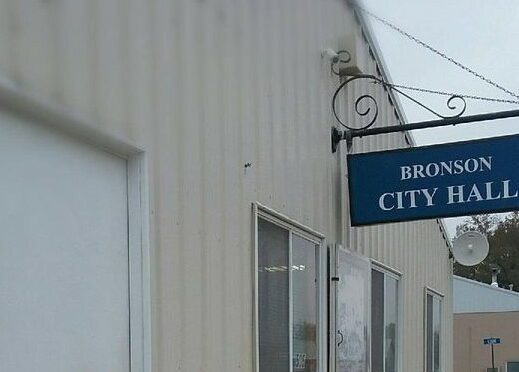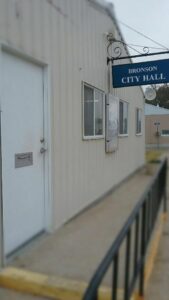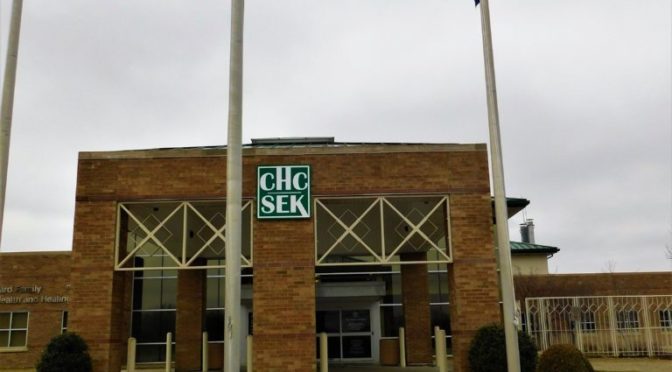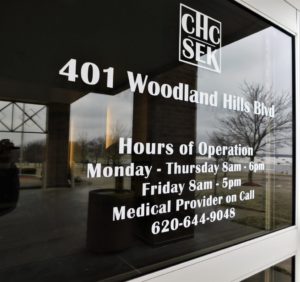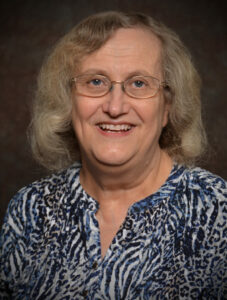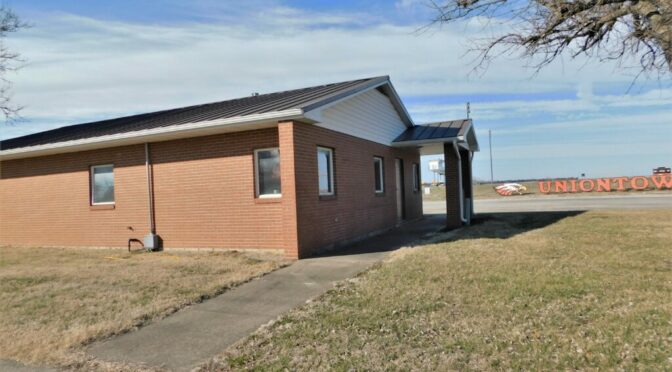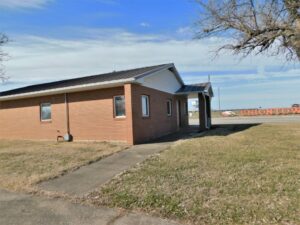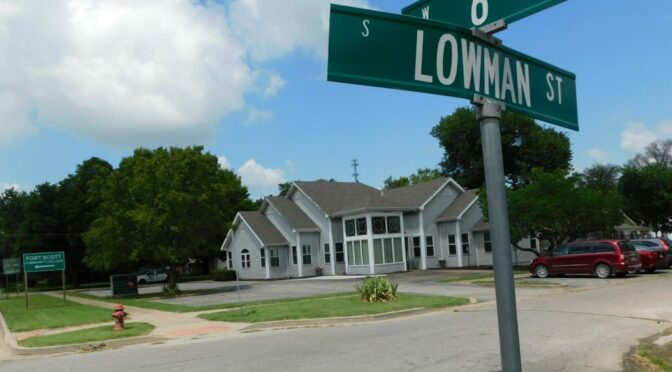KS Dept. of Health and Environment Guidance for Celebrating Halloween, September 2020
This document outlines guidance and considerations for celebrating Halloween during the COVID-19 pandemic. As typical Halloween celebrations do not allow for minimizing contact with non-household members, it is important to plan early and identify safer alternatives. Refer also to any specific city or county guidance in your community which may be more restrictive than what is outlined below.
Halloween Activities Not Recommended
• Gatherings, events, or parties with non-household members
• Carnivals, festivals, live entertainment, and haunted house attractions
• Door to door trick or treating – It is very difficult to maintain proper social distancing on porches and at front doors, ensure everyone (trick or treaters and residents of homes being visited) are properly wearing face coverings, and because food sharing is risky.
• “Trunk or treating” – It is difficult to avoid crowding and sharing food at such events.
• Traveling to a rural fall festival that is not in your community if you live in an area with community spread of COVID-19.
Recommended
• Online parties or contests (e.g., costume contests, pumpkin carving)
• Car parades
o Drive by events or contests where individuals dress up or decorate vehicles and drive by judges that are appropriately physically distanced
o Drive through events where individuals remain in vehicles and drive through an area with Halloween displays
o Drive in events where individuals receive a treat bag (with commercially packaged, non-perishable treats) or take away item from an organizer while the participants remain in their vehicle
• Halloween movie nights at drive in theaters
• Halloween themed meals at outdoor restaurants, complying with restaurant protocol
• Halloween themed art installations at an outdoor museum, complying with museum protocol
• Dressing up homes and yards with Halloween themed decorations
Personal Protection Measures
Regardless of how you celebrate, there are important recommendations for how to keep yourself and your household members safe.
• Correctly wear a cloth face covering to prevent disease spread when outside your home and around others who are not part of your household.
• Avoid confined spaces, including indoor spaces that don’t allow for easy distancing of at least 6-feet between you and others.
• Practice physical distancing – place at least 6-feet between yourself and other people who are not part of your household.
• Practice routine hand hygiene – wash your hands often, for at least 20 seconds with soap and water. If soap and water are not available, use hand sanitizer with at least 60% alcohol.
• Clean frequently touched items regularly.
Safer Trick or Treating and “Trunk or Treating”
Although KDHE does not recommend trick or treating or “Trunk or Treat” events as ways to celebrate Halloween, there are some recommendations and guidance to consider if you make these choices for yourself or members of your household.
• Correctly wear a cloth face covering to prevent disease spread when outside your home.
o Incorporate face coverings into costumes.
o Face coverings should not be worn by children younger than 2 years old, anyone who has trouble breathing, and anyone who is otherwise unable to remove their cloth face covering without assistance.
• Carry hand sanitizer with at least 60% alcohol and use at regular intervals while outside your home.
• Consider carrying sanitizing wipes to disinfect candy or other items accepted from homes. Or, sanitize items individually when you get home before consumption. Remember to also examine treats for choking hazards or tampering before eating them.
• Accept only commercially packaged, non-perishable items.
• Practice physical distancing.
o Always leave at least 6-feet of space between yourself and people not in your household.
o Do not crowd sidewalks, driveways, or porches.
o Wait until a porch or doorway is empty before approaching a home.
o Move aside on sidewalks and driveways to allow space between yourself and other trick or treaters.
o Keep a safe distance from cars – do not walk in the street.
• For “Trunk or Treat” events, follow all guidelines above while also considering:
o Maintain at least 6-feet of distance between yourself and other attendees as you walk around.
o Wait for others to depart a car/trunk before approaching. Do not congregate at a car/trunk with other attendees unless they are members of your household.
Guidance for Homes Accepting Trick or Treaters
• When answering the door or coming into contact with trick or treaters, correctly wear a cloth face covering.
• Wash hands with soap and water for at least 20 seconds at regular intervals; hand sanitizer with at least 60% alcohol can be substituted if soap and water are not available.
• Regularly clean and sanitize frequently touched items such as door handles, door bells, and door knockers. Consider having sanitizing wipes by the door for quick access between trick or treaters.
• Distribute only commercially produced, non-perishable items to trick or treaters.
• Do not use “grab bowls”, where trick or treaters reach into a communal bowl to retrieve candy.
• Practice one-way trick or treating
o Consider spacing items 6-feet apart on your porch, in your yard or on a table in your driveway with a sign advising trick or treaters to “Take 1”. Watch from a safe distance and replenish items as needed.
o Alternatively, make individual goodie bags for trick or treaters to pick up as they walk by. If your home has a fence, consider hanging individual goodie bags on the fence for trick or treaters to take as they walk by.
• For “Trunk or Treat” events, also consider:
o Participating cars should be parked at least 6-feet apart.
o Make individual goodie bags and place them in your trunk so they are not touching. Maintain a distance of at least 6-feet from other attendees and replenish bags or items as needed.
o Carry hand sanitizer with at least 60% alcohol and use at regular intervals.
o Sanitize high-touch areas at regular intervals. Consider having sanitizing wipes on hand.
Halloween Parties
Although KDHE does not recommend hosting or attending parties as a way to celebrate Halloween, there are some recommendations and guidance to consider if you make this choice for yourself or members of your household.
• Remind potential guests who are sick or waiting on results of a COVID-19 test to stay home.
• Host activities with only people from your local area as much as possible.
• Correctly wear a cloth face covering around others who are not part of your household.
• Practice routine hand hygiene – wash your hands often, for at least 20 seconds with soap and water. If soap and water are not available, use hand sanitizer with at least 60% alcohol.
• Consider only hosting or attending parties hosted in large, outdoor spaces that allow for physical distancing of at least 6-feet between attendees. If an event must be hosted indoors, make sure the space is well-ventilated (for example, open windows and doors).
• Maintain at least 6-feet between yourself and people who are not members of your household, especially when cloth face coverings are removed for eating and drinking.
• When setting up tables and chairs, create individual seating areas of various sizes spaced 6-feet apart to be utilized by individual family or household units. Encourage guests to sit only with those who are members of their household, especially for eating and drinking when cloth face coverings will be removed.
• Avoid activities that require guests to be in close contact or to share items, such as games or food.
• Encourage guests to bring their own food and drinks.
• Limit people going in and out of areas where food is being prepared, such as kitchens or grills.
• Clean and disinfect commonly touched surfaces and any shared items between use when feasible.
General Halloween Health and Safety Tips
In addition to modifications to Halloween activities to reduce the spread of COVID-19, remember the following general Halloween health and safety tips to keep you and members of your household safe.
• Avoid trick or treating alone. Walk in groups or with a trusted adult.
• Fasten reflective tape to costumes and bags to help drivers see you.
• Examine all treats for choking hazards and tampering before eating them.
• Hold a flashlight while trick or treating to help you see and others see you.
• Walk, don’t run, from house to house.
• Look both ways before crossing the street. Use crosswalks whenever possible.
• Only walk on sidewalks whenever possible. Avoid walking in streets and roadways. If there is no sidewalk, walk along the far edge of the road facing traffic in order to stay safe.
• Wear well-fitting costumes to avoid blocked vision, trips, and falls.
• Eat only commercially produced, non-perishable treats. Avoid eating homemade treats made by strangers.
• Do not enter homes unless you are with a trusted adult.
• Only visit well-lit homes.
• Never accept rides from strangers.
• Never walk near candles or luminaries. Wear flame-resistant costumes.
References
1. Los Angeles County Department of Public Health. Guidance for Celebrating Halloween. Retrieved September 2020 from http://publichealth.lacounty.gov/media/coronavirus/docs/community/GuidanceHalloween.pdf.
2. Centers for Disease Control and Prevention. Halloween Health and Safety Tips. Retrieved September 2020 from https://www.cdc.gov/family/halloween/index.htm.
3. Centers for Disease Control and Prevention. Personal and Social Activities. Retrieved September 2020 from https://www.cdc.gov/coronavirus/2019-ncov/daily-life-coping/personal-social-activities.html#gatherings.
4. Centers for Disease Control and Prevention. Holiday Celebrations. Retrieved September 2020 from
https://www.cdc.gov/coronavirus/2019-ncov/daily-life-coping/holidays.html.
